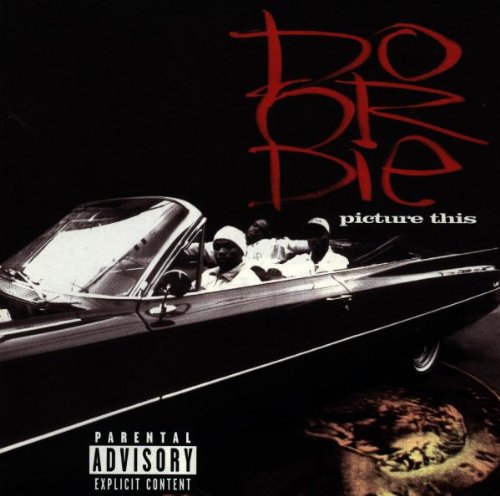

He used to hang out at The Fever (a legendary Bronx nightclub where RUN-D.M.C. was going for, being an instrumentalist who'd emerged from the soul/funk era. Quan also spoke about Smith's ability to nail the raw sound RUN-D.M.C. "He called the beat 'The Krush Groove' before it was renamed 'Sucker M.C.'s'." " was just messing around with the drum machine and replayed Trevor’s beat," says writer and historian Jay Quan (of ). The song only featured the group's voice and reverb-heavy recreation of Orange Krush drummer Trevor Gale's drum beat from "Action." Programmed on the Oberheim DMX and produced by Larry Smith, “Sucker M.C.'s” represented a sea-change in the way that rap records were produced. In contrast to the first wave of rap releases, which had backing tracks mostly made up of interpolations of disco cuts played by live musicians, "Sucker M.C.'s" was a strikingly rough and minimal production. Producer Larry Smith played bass on “Action,” and it was through his relationship with Russell Simmons (Kurtis Blow’s manager) that Smith would find himself in the studio with Hollis Queens trio RUN-D.M.C. Most famously, it was used for the drums in Gang Starr’s “You Know My Steez” and has been sampled by The Beastie Boys and DJ Shadow. With Flash’s funky kick and snare pattern and the Furious Five’s catchy rapped/sung routine, Flash to the Beat became a classic that has been sampled in countless hip-hop tunes. Adds the really important percussion effects that make a group big."

Handsomely encased in formal Vox black with gold trim. Has volume control, off-on switch, may be operated from a two-button foot control, with rhythm effects achieved by tapping right and left pedals alternately or may be played with finger buttons on the control panel. "10 different out-of sight percussion effects! Crash cymbal, Brush Cymbal, Bass Drum, Snare Drum, Drum Roll, Bongo I, Bongo II, Block, Clave and Castanets. With its initial release in 1966, the Vox Percussion King was already a "vintage" machine by the time Flash got his hands on it.Īn ad from the Thomas Vox (US) company gives us an insight into some of the Percussion King’s features and design specs: While Flash does begin the performance by playing classic breaks like Juice’s “Catch A Groove," Flash to the Beat is unique for its time because, instead of backing the Furious Five on the turntables, Flash performs beats live using a Vox Percussion King v829.
80S HIP HOP ALBUM SONGS FULL
It's impossible to capture the full creative breadth and cultural importance of this music, but this list of some of the best hip-hop songs of all time will get you off to a strong start.With “Fusion Beats” on the B-side-an early cut-up/sampling tape experiment produced by Afrika Islam and Jazzy Jay of the Universral Zulu Naton-the Flash to the Beat 12-inch is one of the most important documents of early hip-hop history. Whether you're looking for fuel for a workout playlist, old-school throwbacks to dance to, or songs that help deepen your understanding of the world around you, hip-hop has all the bases covered. The following 54 songs span the evolution of the art form, from its early roots (Grandmaster Flash's "The Message," Public Enemy's "Fight the Power") to its iconic East Coast–West Coast era (The Notorious B.I.G.'s "Juicy," 2Pac's "California Love,") to its pop chart domination (50 Cent's "In Da Club," Kanye West's "Touch the Sky") and into its diverse future (Cardi B's "Bodak Yellow," Tyler, the Creator's "See You Again," and "Moment 4 Life" by Nicki Minaj, featuring Drake). to the distinct Southern culture explored by artists like Ludacris and Lil Wayne, to Kendrick Lamar's "Alright" becoming a rallying cry at Black Lives Matter events, the history of hip-hop is the history of modern America, told by those who are often the most marginalized. From the gritty streets of Compton that birthed N.W.A. In 2017, it became America's most popular genre in total consumption, according to Nielsen, and it has grown globally, too, dominating the streaming era and molding the rest of pop music in its image.Īt the core of rap is the Black American experience, something these musicians have been painstakingly documenting for years. Hip-hop's origin as the soundtrack of New York City block parties is well-known, but no one could have predicted where the genre would go in just 40 years.


 0 kommentar(er)
0 kommentar(er)
